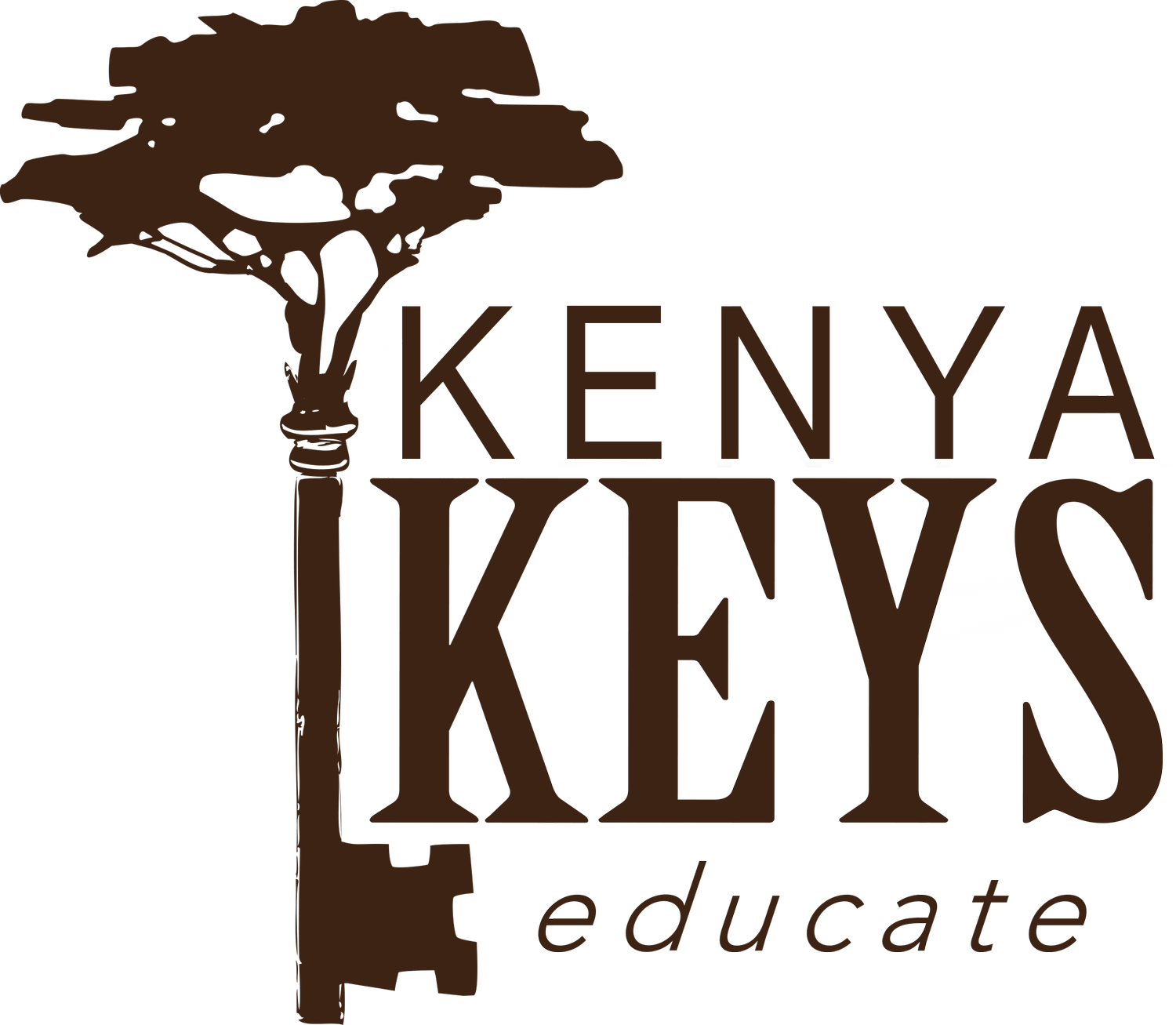Nightfall at Egu
This year one of the most stunning experiences I had occurred at a very poor primary school in our district called Egu, population 550 students. We’d taken some interns out there to make a visit and view the situation. Being about 10 miles from the main water line, the students there struggle a lot over water issues. Because the school is so remote, many of the young students travel unbelievable distances to get there. We were stunned to hear that many students have to leave at 4:00 am and not return until well after dark!Only male teachers can handle the vigorous bike ride out there, a ride that is not just far but is often dangerous because of herds of elephants. Yet the teachers come. The students do too. Books are a rare commodity, but students work hard to learn from class notes and workbooks. We were questioning them about the huge sacrifices they were making to get an education, when they nonchalantly mentioned that many of them, wanting to maximize their study and school time, slept at school at night, the boys in a classroom, the girls on the floor of a nearby church. “What?” we asked. “You sleep at school?” The story emerged.As school ended each day, this dedicated group of 28 students, would go fetch water. Then they would make ugali, a mixture of maize flour and water, for dinner. Then they would light a kerosene light and study in a classroom until 9 or 10:00 at night. Then they would push the desks together and sleep on them. Stunned, we asked them to demonstrate how they would sleep. They did. Handmade desks, all slightly different heights, were pushed together. Students laid down on them, head to feet, still in their uniforms. No mats. Nothing over them. Pitch dark. Often not even an adult to stay with them, despite their ages being just 14-17. They said it was worth it to be close to school and to have a way to study together. After all, they had to try their hardest to pass the national KCPE exam next November. Without passing, they would have no chance of moving on to high school. Without being able to continue their education, they knew their lives would be a continuation of the struggle for survival that they had witnessed all their lives. Learning was life for them. Learning was their hope and their joy.“What do you have for breakfast?” we ask. “Nothing,” they said. “We hope to get lunch,” but often lunch is a hope rather than a reality. Brent’s son Rylan asks, “If you could have anything you wanted, what would it be?” He is thinking they will say mats to sleep on, or better and more food. “Kerosene,” they answer without equivocation. Kerosene means light for them to study by. They long for light. (Who doesn’t in this land that is dark by 6:30 every night of the year). Their second greatest wish was for books. Books. How many American kids would think of such a thing? When told of the new Community Library opening in Taru town, they say they would gladly walk the 8 miles to get there.We all look at each other, speechless. We have seen and heard countless stories by now. We have witnessed many unbelievable acts of devotion to learning, but this one brings tears to all of our eyes. Brent takes some of our group back on a later night to witness it all first hand. It is as heart wrenching as it is inspiring. There they are, sandwiched together, head to foot, sleeping far from families, as the elephants trumpet their calls in the distance

